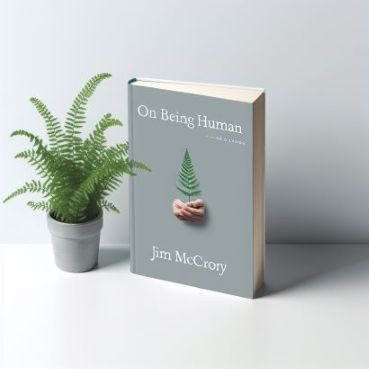"A man’s a man. A word’s a word. And a promise, if kept, can be a quiet kind of holiness."

Image generated with the use of Microsoft Copilot
On Promises, Cultures, and the Weight of Words
"When he promises to do something,
he always does it. " Psalm 15:4.
When I was an eleven-year-old kid in Govan, there was a television series that hooked me. It was The Flashing Blade, originally titled Le Chevalier Tempête, and dubbed from French to English by the BBC; a swashbuckling epic. I would sing the theme song, Fight by The Musketeers, at the top of my voice. I knew the names of the characters: the Chevalier de Recci and his faithful servant Guillot. I suppose it offered a kind of escape from the gloom of living on the Clydeside in darker days.
One day, my mother promised we had to go somewhere, but assured me we would be back in time for my next episode. I trusted her. But we weren’t. She got caught up in conversation with a relative, and I missed the programme. I was crushed. It was only a boy’s TV show, perhaps, but the disappointment cut deep because a promise had been broken.
There’s a Dutch saying I’ve come to admire: "Een man een man, een woord een woord" — a man’s a man, a word’s a word. It feels ancient, as though it had been lifted straight from the pages of Scripture or chiselled into stone beside the commandments. The idea that your word is binding, that once spoken it carries moral weight, is deeply ingrained in Dutch culture. Promises are not suggestions. Agreements are not optional. Afspraak is afspraak. An agreement is an agreement.
This cultural ethos, the belief that a promise is in some sense written in stone, stands in sharp contrast to the more casual approach I’ve often observed in my own British culture. We are, I suppose, masters of softening certainty. “I’ll see what I can do,” might well mean no. “Let’s meet soon,” might mean never. It isn’t always dishonesty, more often a kind of social cushioning — language used to smooth things over rather than to commit. But even gentle evasions can have a cost. They can breed mistrust and wear down the soul when words are used without any real intention behind them.
The Dutch, shaped by centuries of necessity — reclaiming land from the sea and surviving through collective effort — seem to treat a promise not as a courtesy but as a cornerstone. When you say you’ll do something, it becomes a stone set in the dyke. Remove it, and the whole may weaken or collapse.
This reminds me of the ethical clarity found in Scripture. Jesus said, “Let your ‘Yes’ be yes, and your ‘No,’ no” (Matthew 5:37). Anything beyond that, he warned, comes from the evil one. His words are strong, but perhaps that’s what is needed in a world where speech is often slippery and truth is negotiated. James echoed the same thought: “Do not swear — not by heaven or by earth or by anything else. All you need to say is a simple ‘Yes’ or ‘No’” (James 5:12).
There is something profoundly human in our need to trust words. When we make promises to our children, our partners, our friends, they become the quiet architecture of love, the scaffolding of trust. When those promises are broken, something collapses. Sometimes it is only a little thing, like missing an episode of a childhood programme. Other times, it is much more.
Perhaps that is why the image of writing something in stone still resonates so deeply. Stone is not easily altered. It resists erosion, impulse, and whim. It represents a commitment to truth, to integrity, to something beyond ourselves.
And yet, there is room for error. None of us are perfect. We forget, falter, get overwhelmed. But perhaps the point is not to make no promises, but to speak fewer and mean them more. To take our words seriously, as the Dutch do. As Scripture calls us to do. To be the kind of people who, when we speak, don’t need to be cross-examined or second-guessed.
A man’s a man. A word’s a word. And a promise, if kept, can be a quiet kind of holiness.
Scripture quotations from The Message. Copyright © 1993, 2002, 2018 by Eugene H. Peterson. Used by permission of NavPress. All rights reserved. Represented by Tyndale House Publishers.